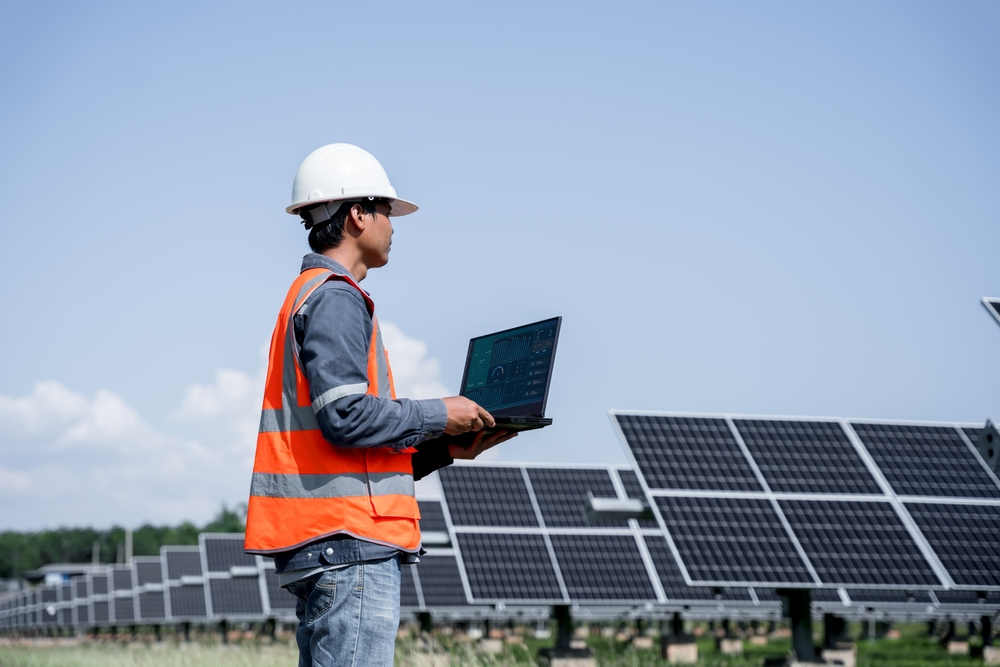
Solar energy has transformed the way we think about power consumption. With the rise of renewable energy sources, solar panels have become a popular choice for homeowners and businesses looking to reduce their carbon footprint and lower energy costs. However, to ensure that these systems are functioning at their best, effective monitoring is essential. Solar system monitoring helps keep energy production efficient and maximizes the return on your investment.
Solar system monitoring involves using technology to track the performance of solar panels. This includes monitoring energy production, system efficiency, and identifying any potential issues that may affect performance. By having a real-time view of your solar system’s performance, you can ensure that your system operates efficiently and effectively.
A typical solar monitoring system consists of several key components:
Sensors: Measure various parameters such as solar irradiance and energy output.
Data Loggers: Collect and store performance data from the sensors.
Software: Analyzes the data and provides insights through dashboards and reports.
Communication Systems: Transmit data to remote locations or cloud storage for easy access.
One of the main advantages of solar system monitoring is the ability to track performance in real-time. This means you can see how much energy your system is producing at any given moment. Real-time data helps in identifying trends and potential issues that could impact energy production.
Monitoring systems can detect problems such as panel obstructions, electrical faults, or other malfunctions early. By addressing these issues promptly, you can avoid significant downtimes and maintain optimal performance.
With detailed performance data, you can make informed decisions to optimize your solar system. This includes adjusting settings, cleaning panels, or making repairs to ensure that your system produces the maximum amount of energy.
Regular monitoring helps in maintaining the system and extending its lifespan. By keeping an eye on performance metrics, you can perform necessary maintenance and avoid wear and tear that could lead to costly repairs or replacements.
At Wow Solar, our monitoring system is designed to provide you with comprehensive insights into the performance of your solar energy system. Here’s a breakdown of how our advanced monitoring works to keep your solar production efficient and effective:
Solar monitoring systems collect data from various sensors installed in the system. This data includes solar irradiance, energy output, and environmental conditions. The collected data is then analyzed to provide insights into the system’s performance.
Monitoring systems are integrated with solar panels through sensors and data loggers. These components measure performance indicators and transmit data to the software for analysis.
The software used in solar monitoring provides a user-friendly interface where you can view performance metrics, generate reports, and receive alerts. Many systems also offer mobile applications for easy access and management.
At Wow Solar, our advanced solar system monitoring ensures your energy production stays efficient. By providing real-time performance data, detecting issues early, and offering actionable insights, we help you maximize your solar investment. With Wow Solar’s monitoring solutions, you can confidently maintain optimal energy production and enjoy the full benefits of your solar system, all while contributing to a sustainable future.